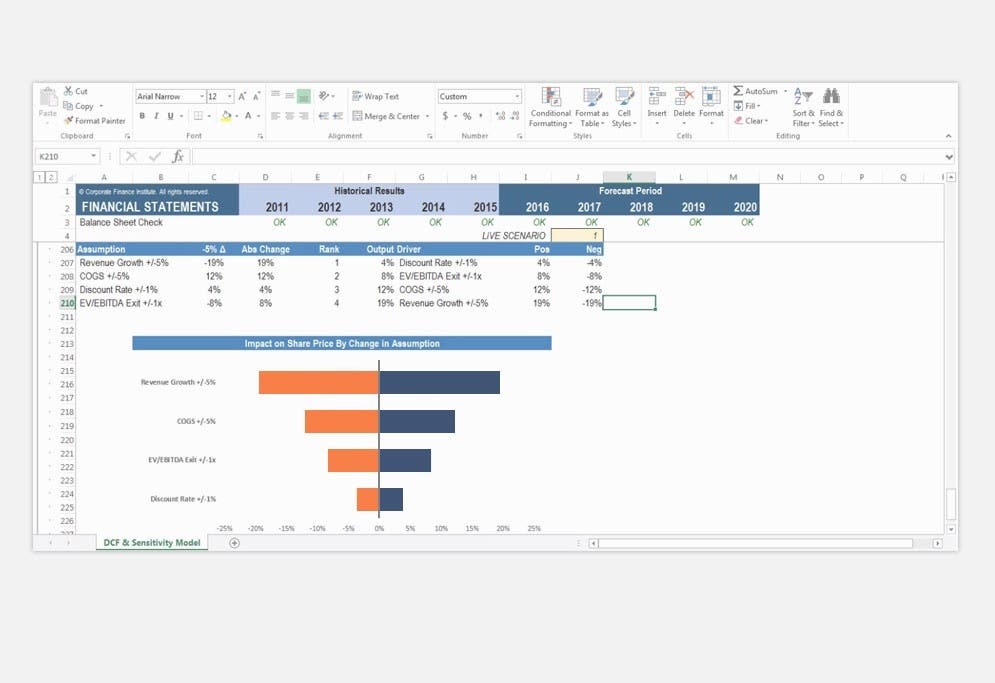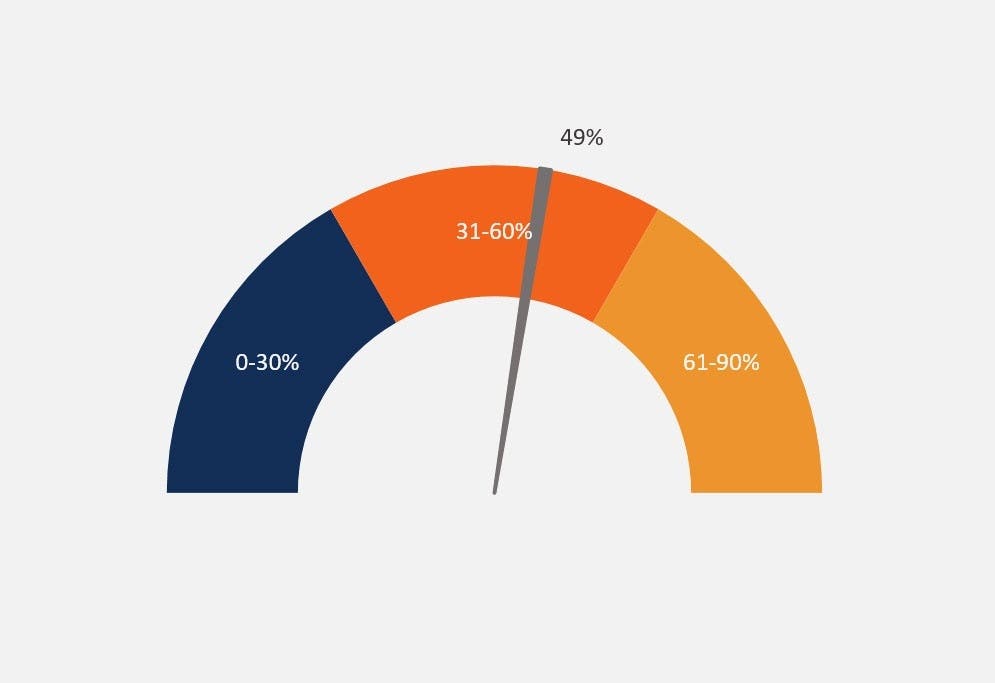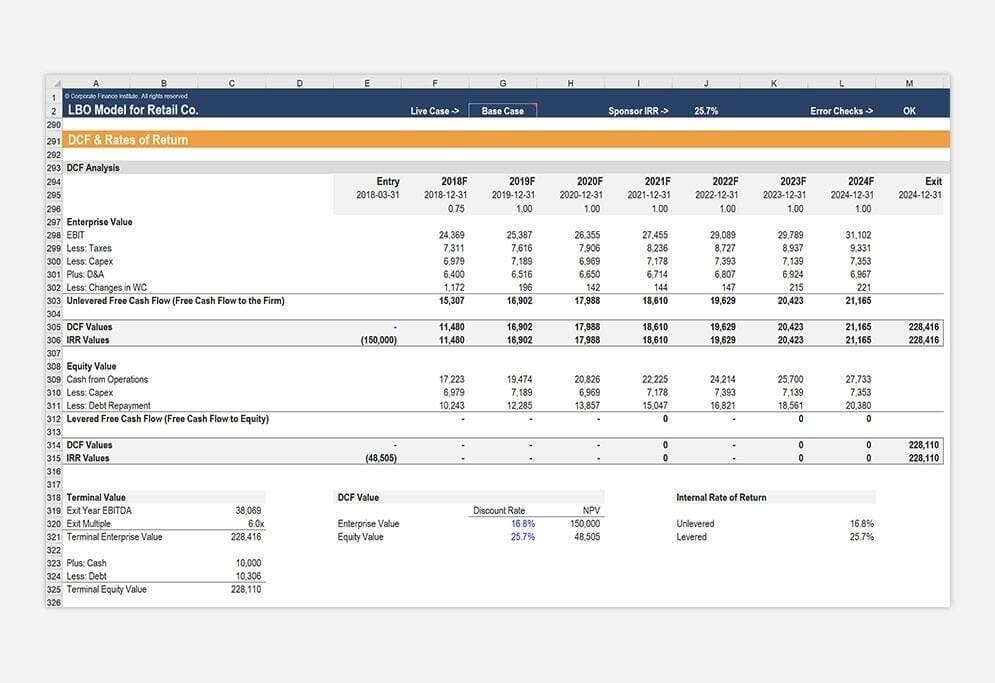Careers in Finance: Ashok Manthena
In this episode of Careers in Finance on FinPod, we talk with Ashok Manthena about his experiences at companies like Google, Gap, and Ingersol Rand, highlighting the unique opportunities and challenges in finance functions.
The conversation explores the impact of AI on finance processes, automation, predictive analytics, and generative AI. Ashok provides insights into how AI transforms finance tasks and the timeline for widespread adoption. We also discuss the potential of AI in decision-making and the future of finance operations.
Tune in for a deep dive into the evolving landscape of finance and AI!
Transcript
Asim (00:13)
Hello and welcome to CFI’s careers and finance podcast. I’m Asim Khan and I’m joined today by Mr. Ashok Manthena. Welcome to the podcast, Ashok.
Ashok Manthena (00:24)
Thanks, Asim. Glad to be here.
Asim (00:26)
Yes, okay, so we’re excited to learn about your career journey. You are an FP &A specialist and among other things. So could you tell us a bit about where you are now, what you’re up to work-wise?
Ashok Manthena (00:42)
To start with, I’ve been supporting finance functions, various functions, right? Controllers, FP &A, some part of tax as well, since more than 10 years now. And I worked at companies like Google, Gap, Ingersoll Rand, and now I’m at Chatfin, exclusively working on how finance AI is going to change a lot of our finance processes.
Asim (01:09)
Great, so let’s go back a little bit to something you said really sparked my interest and I think it would for a lot of our viewers. You were at Google. What was that like? It’s a notoriously difficult company to get into. And what did you do there?
Ashok Manthena (01:29)
I’ve said this before because Google is such a big company, right? And finance teams are huge. The teams supporting finance are huge. And they have more resources than anyone else to do any kinds of work, right? If it’s automation, if it’s data cleanup, it’s just there are more resources available to do a lot of work. One thing that stuck to me is at Google, particularly with a function like finance,
there’s a lot of willingness to automate manual tests. A lot of things that we might never think about in any other company. In Google, it is automated. For example, user access, how we request user access for any finance data, right? That process, even though the request part could be like you go into a system, you fill the form and get it, but everything else is manual in a lot of companies. But here,
Asim (02:09)
So, for example.
Ashok Manthena (02:26)
that process from end to end, from user requesting it to finally user get, someone giving that access for that specific application, for that specific entity, all that process is automated. I think it saves a lot of time. It is also much faster. You don’t have to wait for a couple of days for you to get access. When the next load is run, you already got your access in the next few hours, and things are much faster. Things like this makes process…
particularly the end-to-end process. It could be controllers, it could be FP &A. That process relatively much faster, even with all the complexity that is there being this huge company. So that’s great about Google.
Asim (03:07)
And you were in other corporate jobs supporting finance functions since then, right, with Gap, as you said, and Ingersoll Rand. So here we are, all of us, on the cusp of a very interesting time in human civilization with the advent of, well, AI has been around for a long time, right, but it’s never been this good. It’s really never been this good. So just first, generally, what are your…
Ashok Manthena (03:15)
This right.
Asim (03:36)
your views on AI? And I just mean kind of some people think it’s a really great thing and it’s gonna advance our civilization and culture. Others are a bit afraid of it or more than a bit afraid. Where are you kind of on that spectrum?
Ashok Manthena (03:55)
I’m a techno-positive person, a very optimistic person in that sense. It’s going to change how we are processing things, and particularly in finance. And the change might not be very drastic, like how people expect in the day. This week you are doing this and next week you’re going to be all, every process is being done by AI. That’s not going to be like that. It’s going to be much more incremental, but the pace is going to be very fast.
Asim (04:00)
No positive, I like that, okay, yeah.
Ashok Manthena (04:25)
My expectation, and again, I don’t want to be Bill Gates who said, all you need is a 5 MB RAM in a computer. You don’t need anything more than that at some point. But my expectations next few years, next two to three years, we’ll see this big change in each and every process in finance function. Starting from our modelings, our reconciliations, our analysis, flex analysis, analytics, all that is going to have a significant impact by the advent of AI in the process.
The process has already started and I see in various parts, in various industries, how it is impacting. And again, I’m very specific about finance processes, right? People have been using it or even if people haven’t started, there is this big conversation happening in all these big companies where how do we get started with this? Do we appoint an AI representative within our finance function so that who can actually go explore what can be done and come back and tell us?
Asim (05:05)
Yes, of course.
Ashok Manthena (05:23)
So all these conversations happening, that gives me that direction that we are going in, where every company, every finance team is looking into, how do we make use of this function? Not just for resource reduction, it could be for how can we be much faster? How can we make our teams much more efficient? All these things are in the minds of finance leaders.
Asim (05:48)
And so, I mean, I guess we’re talking pretty much in the domain of doing things, right? Performing tasks. But what about the decision-making? This requires a level of critical thinking, which is really what humans or some humans are good at. Do you foresee AI outperforming us in that realm?
Ashok Manthena (06:17)
For sure, at some point, yes, that’s going to happen. But we can’t guess when that’s going to happen. But until then, what’s going to happen is AI is going to help us make that decision. It’s going to give us more insights. It’s going to automate a lot of the manual tasks that we need to do before making that decision. So it’s going to help us make that final decision. But of course, we will stay till the last making that decision. But at some point, that will be overtaken by AI as well.
The minimum number of decisions that we have to take, it’s actually good for us.
Asim (06:50)
Right, yes, sure. And I have a, I don’t know enough about it all to comment on it, but I’m taking in observations from folks who know a bit about this like you, and it’s all extremely interesting for me. If you could, there’s one question being elicited here by everything you said, if you could put a horizon on when all this will happen, just as a…
betting, man or not, if you’re going to handicap it. Are we 10 years away from this? Is it five years? My guess is it’s not that far away, just given the pace of development.
Ashok Manthena (07:31)
Right. I see a lot of companies already started using AI. It could be generative AI. It could be predictive analytics. They’re already started using. But if you’re saying 10 years, are we talking about majority of people adopting this? Yes, it’s going to take probably not 10 years, probably around five to 10 years time frame for majority of companies to…
to go in and use this technology, like cloud technology. If you think about cloud technology, initially when we’re talking about finance, everything is on -prem, right? All the finance use softwares used to be on -prem on a server installed, but cloud came in probably around 2010, 2012 timeframe, but it took few years, but now everything is on cloud, starting from, let’s say, your QuickBooks is on your cloud, your NetSuite, your financials, your ERPs, your data warehouses, everything is on cloud now. So, and now majority of…
all the companies are on cloud. So I think the adoption has already started, but for majority to actually adopt, it’s going to take time. But if as an individual or within as a company, if you want to start using AI, the technology is already there. There are amazing products available in the market that you can start using it in your finance.
Asim (08:45)
So, it’s no longer a question of having adequate computing power. We do. It’s whether you want to adopt this or not. And it sounds like we have no choice because if everybody’s doing it, it kind of creates a race to the top, let’s say. And you tell us a bit. I almost neglected this bit. What is the name of your organization now? And I approve.
Your shingle, what’s it called, we’ll give you a…
Ashok Manthena (09:16)
It’s called ChatFin, basically a generative AI tool for finance functions. It helps querying data, do all the finance operations like reconciliation, analysis, flux analysis, variance analysis, finance reasoning, all that using generative AI capability.
Asim (09:35)
Have you seen anything in your work, since you’re right at the forefront, that has surprised you, that you didn’t expect to see at this stage of AI’s development?
Ashok Manthena (09:45)
I’m really surprised in terms of the use cases that we have in finance function, because I worked in finance for supporting finance for a long time. So I thought, okay, I have a good idea in terms of where we can apply AI. But as we started talking to various companies, various finance teams, the kind of use cases that they have is mind blowing. So I think at this currently, we are probably barely scratching the surface of
where we can apply AI in finance functions, FP and A controllers, tax and treasury. There are hundreds of use cases and hundreds of use case variations as well. From industry to industry, it’s going to be different. From company to company, it’s going to be different. Just as an example, if someone wants to do a reconciliation, do they want AI to do all the reconciliation? Or do they still want an Excel where they, like if you take an account reconciliation, they still build their logic in Excel. Do they still want their Excel file and AI help them
doing that reconciliation in that Excel file? So there are all kinds of use cases, all kinds of nuances that are gonna come out of this whole exploration part where as a company, once you start exploring AI, now you have to match your needs, your requirements with AI capabilities. So that’s gonna be an amazing process that’s gonna happen.
Asim (11:04)
Well, there’s a lot a lot to think about and a lot to ponder. Thank you so much for your insights Ashok and it’s been a pleasure to have you on the podcast. I do hope we’ll see you again. All the best!
Ashok Manthena (11:11)
Thank you.
Thank you.





